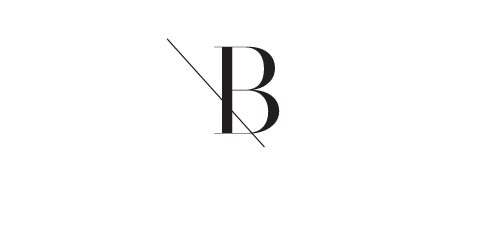I remember reading about a case study from a Romanian orphanage that wanted to run their orphanage like an assembly line. Diaper change, bottle given, placed in crib. For the development of a child, those are the most crucial times in life when touch and affection and love foster the emotional development of a child.
After years of neglect, Romanian Child Services finally investigated the orphanage and were stunned at their findings. Children were left to weep alone in their cribs, untouched and uncared for. For days, weeks, months, and years, the children were left alone, isolated, and disengaged from emotional contact.The children would cry out for attention and affection to be left alone for hours on end until the diaper was changed, the bottle given, and they were placed back in their crib.
The infants became emotionally catatonic and lost ability to weep or emotionally connect with others. Researchers found babies whimpering at barely audible levels. They called Silent Weepers, for they cried alone, internally, isolated from touch, care, or affection.
This is not far from many of us today. I’ve seen people from every facet of life who are emotionally catatonic, internalizing pain, failure, and brokenness. We walk around like silent weepers, because we feel like orphans at times. Alone. Rejected. Isolated. Unloved.
Today I’ll be speaking at Catalyst West on confident leadership. So I’m sharing with you the two things I’ll be passing along to those in lab attendance.
- Courage.
There is a difference between courage and bravery that we’ve lost in English translation. Bravery is William Wallace in Braveheart, Queen Esther chapter 4, Lady Gaga showing up to an awards show in an EGG?! That’s bravery. But courage? The word courage comes from the Latin word cur, meaning heart. The original understanding of the word courage means to tell the story of who you are from your whole heart.
This means owning who you are and maintaining your vulnerability. In our culture we are losing the tolerance for vulnerability. We equate being vulnerable with being weak. So we hold on to PERFECTION and PERFORMANCE and PLEASING rather than admitting weakness.
We hate vulnerability because it is at the core of fear, anxiety and shame. But vulnerability is also the birthplace of joy, love, creativity, faith. So how do we courageously tell our story and be vulnerable with our brokenness, yet still connect and find acceptance with people?
- Connection.
For connection to occur, we need to be seen. Really seen! From a spiritual aspect, connection is why we are here; it gives purpose and meaning to our lives. From a neurological standpoint, we are hard-wired and designed to connect with people. Adam was built a partner because it wasn’t good for him to be alone. Barnabas was Paul’s road dog. God is triune; even He’s has connection!
Why can’t we allow ourselves to be seen? Because we’re don’t want to do the emotional labor and toil of being vulnerable, exposed, real and raw. It’s easier and safer if I just cry by myself in my crib, alone, isolated, and failing to thrive.
But I honestly feel that a confident leader is a broken leader who knows it, owns it, and connects with other people in the process.
For the silent weepers, know that you’re not alone. You’re not abandoned or forgotten, but adopted and loved by God. Today, tomorrow, and always. [Eph 1:3-8]




Trackbacks/Pingbacks